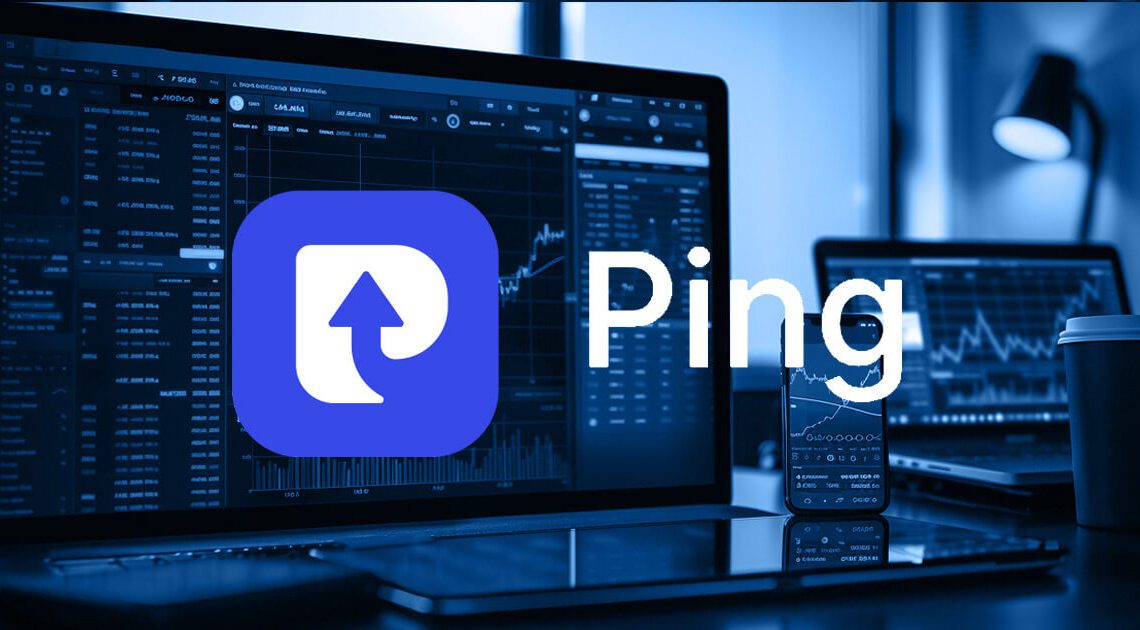The launch of Ping Exchange signals a potential new stage in digital assets trading. The hybrid platform merges robust security protocols with user-focused asset control, setting a high bar for how exchanges should safeguard user assets. Ping’s standout feature is an unconventional model using a hybrid custodial cold storage to redefine crypto exchange security.
Ping leverages the unique CorePass ID application for streamlined user authentication. Traditional username and password vulnerabilities and cumbersome two-factor authentication (2FA) methods are gone. Instead, CorePass utilizes blockchain-secured identity information, rapid QR code scanning, and Core Blockchain encryption for secure, decentralized login and withdrawals.
Furthermore, while assets deposited onto the platform are placed into Ping’s custody, withdrawal of any assets remains tied to the user’s CorePass ID. Ping cannot withdraw deposited funds without authorization from the user, only allowing trading of assets within the exchange. This streamlined, self-custodial approach places an unprecedented level of access control into users’ hands, merging the benefits of DeFi and CeFi into a new opportunity for users.
So much exchange-focused content references the failures of FTX, Celsius, BlockFi, etc., while claiming to “do better” by offering more secure custody methodologies and promising not to comingle funds. Proof-of-reserve attestations are a fantastic first step; however, Ping’s model puts a flag in the ground in a different, much more substantial way.
With Ping, the CoDeTech team is offering a way to trade digital assets in an exchange environment without signing away the rights to your assets or your identity. Using CorePass, you, the user, remain in control of the data attached to your KYC verification and can revoke it from the exchange at any time. Further, the assets you deposit can be traded across any of the supported trading pairs with other users through a standard exchange order book. Yet, the exchange cannot withdraw your funds without your permission. While not impossible, an FTX scenario would be much more complex with Ping when compared to many traditional exchanges.
In order to facilitate trades Ping has the ability to swap assets between users. Ping also is required to retain the ability to freeze assets to be compliant with AML/KYC regulations. Like traditional exchanges, when it creates the deposit wallet it retains the associated private keys. However,…
Click Here to Read the Full Original Article at Bitcoin (BTC) News | CryptoSlate…
























